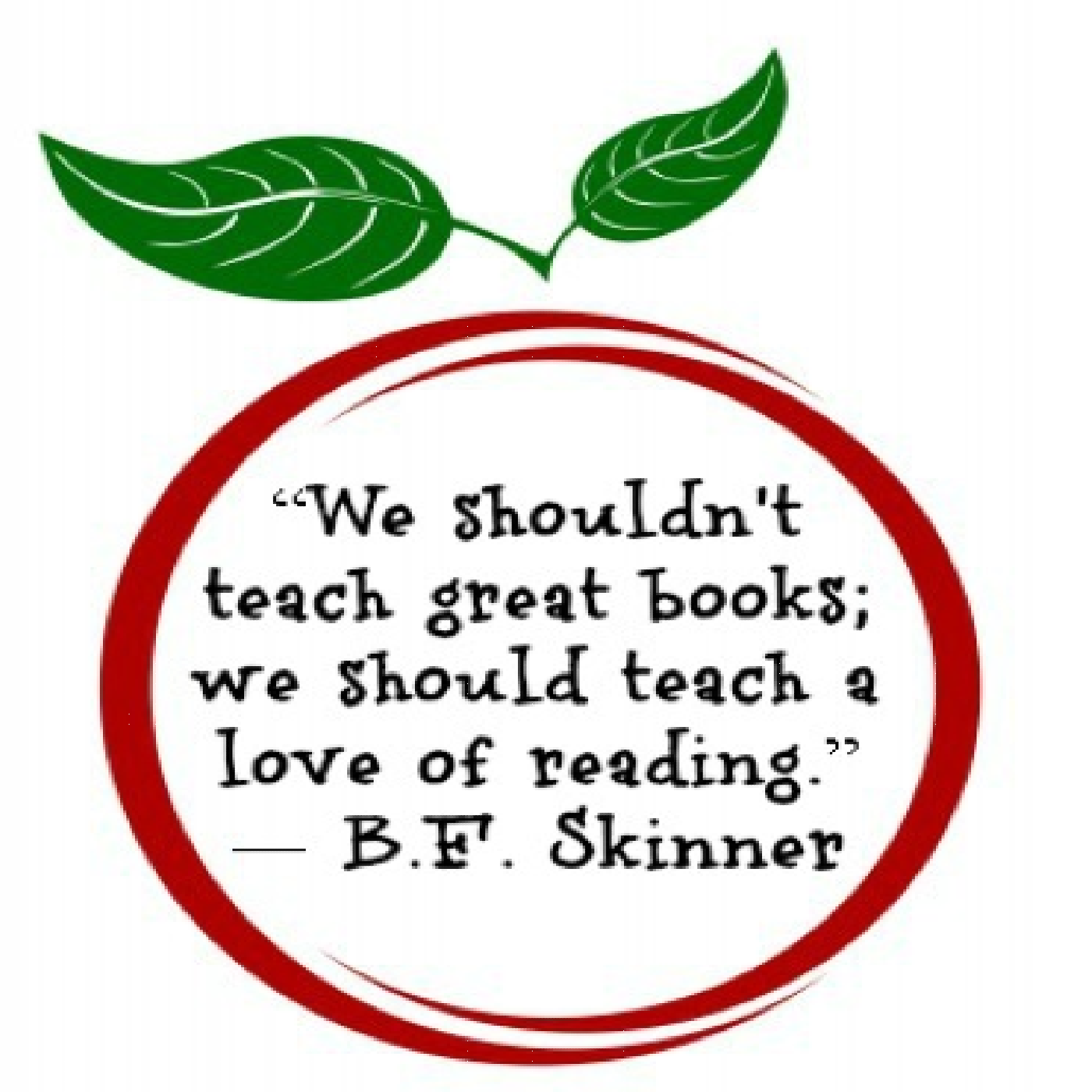
26K
Downloads
304
Episodes
The Chills at Will Podcast is a celebration of the visceral beauty of literature. This beauty will be examined through close reads of phrases and lines and passages from fiction and nonfiction that thrills the reader, so much so that he wants to read again and again to replicate that thrill. Each episode will focus on a different theme, such as "The Power of Flashback," "Understatement," "Cats in the Cradle," and "Chills at Will: Origin Story."
Episodes

Wednesday Jul 05, 2023
Wednesday Jul 05, 2023
Episode 190 Notes and Links to Ellen Birkett Morris’ Work
On Episode 190 of The Chills at Will Podcast, Pete welcomes Ellen Birkett Morris, and the two discuss, among other things, her early relationship with the written word and Southern gothic writers, her increased confidence in world building that led to her embracing writing as a profession, writers whose work thrills her, her upcoming award-winning novel, promoting her Lost Girls story collection during the onset of Covid, pertinent themes from her collection, such as misogyny, the innocence of youth, aging and its attendant repercussions, connections/intimacy, and death, as well as her mindset in writing emotional and wrenching pieces.
Ellen Birkett Morris is an award-winning, multi-genre writer, teacher, and editor based in Louisville, Kentucky.
Morris is the author of SURRENDER (Finishing Line Press). Her poetry has appeared in Thin Air Magazine, The Clackamas Literary Review, Juked, Alimentum, Gastronomica, 3Elements Review and Inscape, among other journals. Morris won top prize in the 2008 Binnacle Ultra-Short Edition and was a semi-finalist for the 2009 Rita Dove Poetry Prize. Her poetry has been nominated for the Pushcart Prize.
Her fiction has appeared in Shenandoah, Antioch Review, Notre Dame Review, South Carolina Review, Sliver of Stone, Great Jones Street, Santa Fe Literary Review, and Upstreet, among other journals. She is the 2015 winner of the Bevel Summers Prize for her story “May Apples” and won the Betty Gabehart Prize for Fiction.
Morris’s plays have appeared in Mud City Journal, Monologue Bank, and Plays, The Drama Magazine for Young People. Her ten-minute play, “Lost Girls,” was a finalist for the 2008 Heideman Award given by Actors Theatre. “Lost Girls’ received a staged reading at Cincinnati’s Arnoff Center.
Her essays can be found in trade paperback books including NESTING: IT’S A CHICK THING, THE WRITING GROUP BOOK, THE GIRLS’ BOOK OF LOVE, and THE GIRLS’ BOOK OF FRIENDSHIP, in journals including Brevity blog, The Common, The Butter, The Fem and South Loop Review, and on National Public Radio.
Morris teaches creative writing at The Loft Literary Center in Minneapolis and The Carnegie Center for Literacy and Learning in Lexington, Kentucky.
Review of Lost Girls by Yvette Benavides for Texas Public Radio
At about 3:20, Ellen describes her relationship with the written word, including the impact of the Southern Gothic she often was read
At about 4:45, Ellen talks about initial nervousness and small successes that “catapulted [her] into writing”
At about 5:40, Ellen keys in on what improvements she made in worldbuilding and “the magic of populating” her writing
At about 7:00, Ellen highlights Bobbie Ann Mason, Barbara Kingsolver, Ernest Hemingway and Elizabeth Berg as writers who have shaped her own work, as well as how her jour; Elizabeth Strout, George Saunders, and Rebecca Makkai are cited as beloved contemporary writers
At about 8:15, Pete remarks on the book’s economy of language, and Ellen adds how her pacing propels her work and how her journalism career has aided her later writing
At about 10:55, Ellen shouts out Rebecca Kuang’s Yellowface as a must-read
At about 12:40, Pete remarks on Ellen’s fabulous variety of work and asks her about muses and how she writes in different mediums; she provides an anecdote involving her father that illustrates her philosophy
At about 13:55, Ellen talks about how workshop help from Erin Flanagan provided the catalyst for her upcoming novel
At about 15:10, Ellen shares exciting news regarding her upcoming novel winning the Donald L. Jordan Award
At about 18:05, Ellen discusses the difficulties in the promoting and release of Lost Girls in June 2020
At about 19:30, Ellen calls the book a “loosely-linked collection of stories” and its connections to “Winesberg, Ohio" by Sherwood Anderson
At about 20:40, The two discuss the title story and the real-life backstory that inspired Ellen’s desire to center women in her story collection
At about 22:00, Ellen explains how she complicates the title story
At about 24:00, The two discuss the story of “Inheritance” and Ellen discusses “sin-eating,” themes of oppression and cycles of poverty and trauma and death and the story’s resonant title
At about 28:15, Ellen calls the story’s ending the most “raw, heart wrenching” she’s written
At about 28:55, The story “Religion” is discussed, including its emphasis on intimacy and social groups, and Ellen underlines the story’s humor
At about 30:30, The two talk about “Harvest” and themes of vitality and ageism and misogyny
At about 33:20, Pete fanboys over the story “The Afterlife” and the two discuss the grief and complicated mourning that takes place
At about 35:20, Ellen discusses advice received about complicating characters to create more compelling work
At about 37:10, Pete asks Ellen how emotionally-taxing this story was for her
At about 38:55, Pete compares the story to Alice Elliott Dark’s “In the Gloaming"
At about 39:40, The two discuss “fresh starts” as a theme and “After the Fall” and its connections to the Biblical story, its telling opening line, and its “metaphorical weight”
At about 42:05, The two discuss human connection as a throughline in the collection
At about 44:00, Tony, a repeated character, is highlighted, along with ideas of connections and unrequited love
At about 46:10, Through discussing “Neverland,” the two discuss its pertinent themes of connection and childhood traumas after Pete reads a story excerpt
At about 47:35, Ellen talks about the juxtaposition of youth and aging and complicity fits in the story
At about 48:55, Pete cites the innocence of youth as successfully-rendered by Ellen, including in the story “Kodachrome”
At about 51:45, Ellen responds to Pete’s question about how she ordered the story collection-she cites Lee Martin’s advice
At about 53:55, Ellen gives out publishing info for his work, including Carmichael’s in Louisville; she also gives contact info/social media

No comments yet. Be the first to say something!